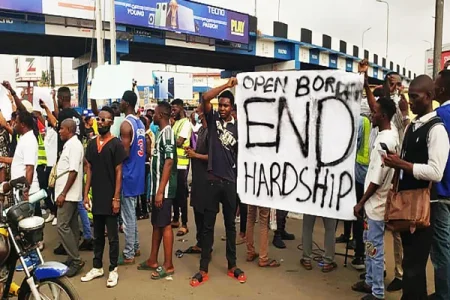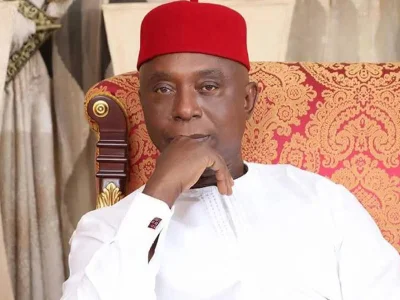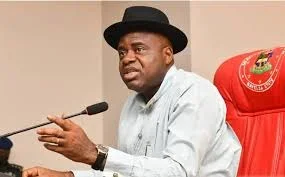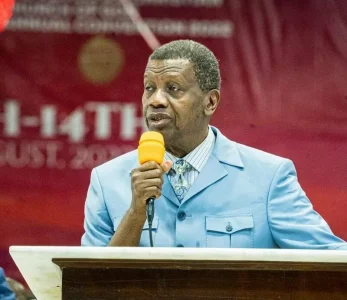
In a display of collective frustration, residents of Ibadan took to the streets on Monday to protest the escalating cost of living under President Bola Tinubu's administration. The air resonated with chants of 'Tinubu ole!' and 'renewed shege!' as placard-carrying demonstrators voiced their discontent.
The protests, staged at Mokola Roundabout, mirrored similar demonstrations in Niger, Kano, Osun, and Lagos, highlighting widespread grievances over hunger and economic hardships. Over the past nine months, staple food prices have surged nearly 100%, intensifying the impact of inflation on the Nigerian economy.
A recent market survey at Mararaba Market in Nasarawa revealed alarming price hikes. Basic food items like rice, garri, corn, millet, and flour have experienced substantial increases, leaving citizens grappling with the economic fallout. The surge in prices has prompted concerns among traders, with some expressing worry about the ability of the masses to afford essential goods.
The economic challenges trace back to President Tinubu's decisions, including the removal of the petrol subsidy and the Central Bank's adoption of a floating naira policy. While lauded by experts, these policies have contributed to a sharp rise in petrol prices and a significant depreciation of the naira in the parallel market.
The protest in Ibadan adds to the growing wave of discontent across the country, with citizens demanding solutions to the economic hardships they face. As Nigerians voice their concerns, the government grapples with striking a balance between economic reforms and addressing the immediate needs of its citizens.
This protest not only underscores the severity of economic challenges but also serves as a collective cry for relief from the rising tide of inflation and food prices, putting pressure on the Tinubu administration to navigate the complex terrain of economic stability and public satisfaction




